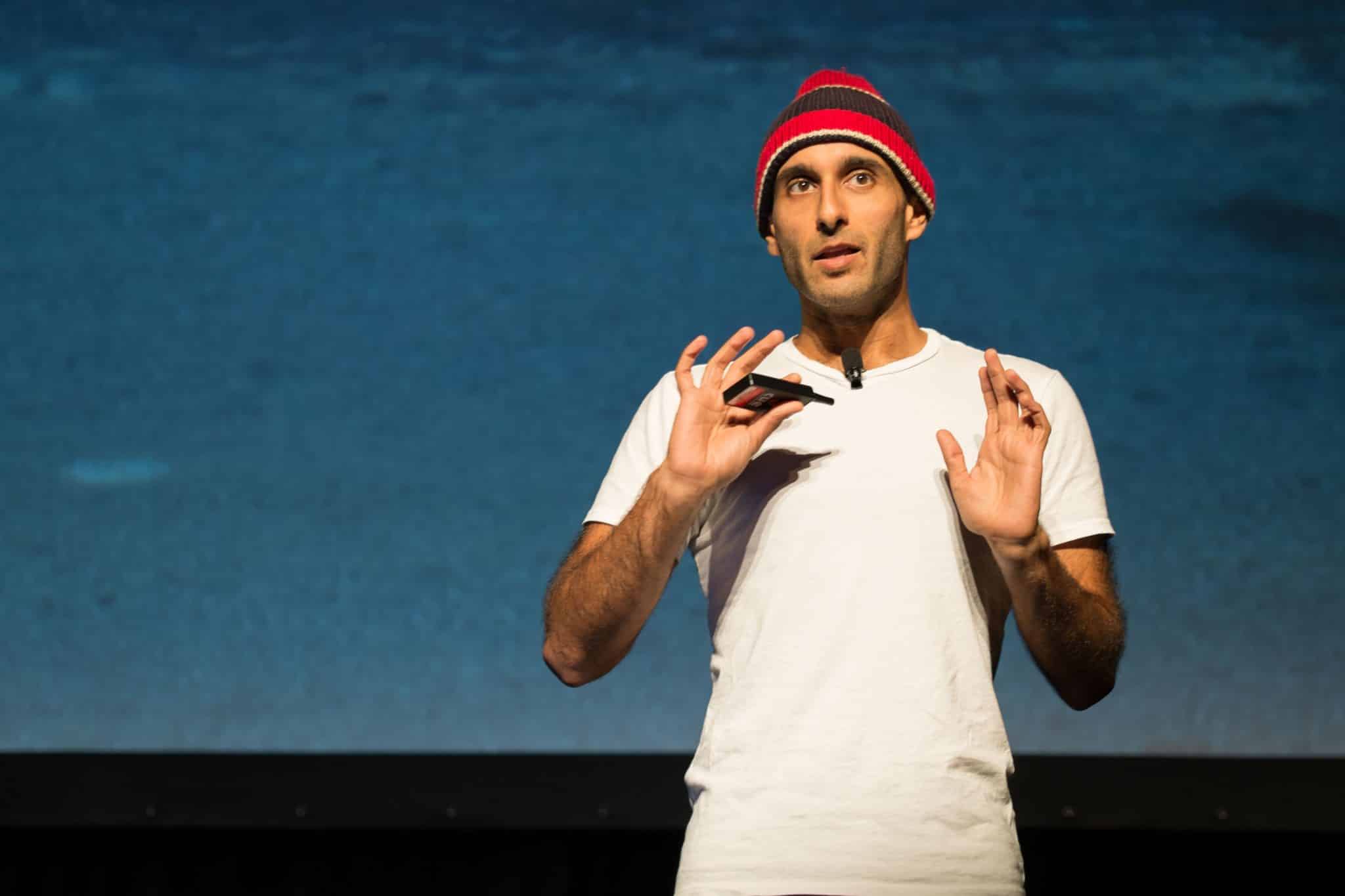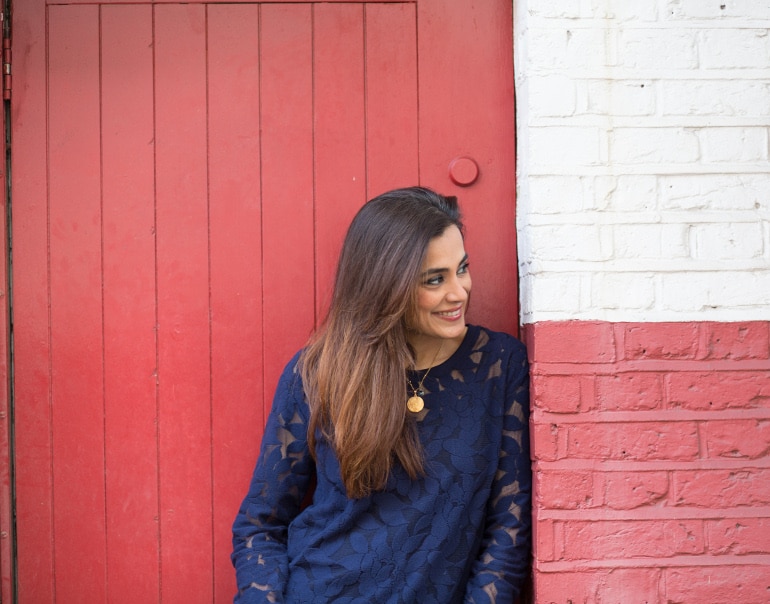Best-selling author Farrah Rochon on writing lessons learned, conquering distraction, and staying motivated

Best-selling author Farrah Rochon on writing lessons learned, conquering distraction, and staying motivated
NaNoWriMo 2015 is long since over, but is it ever a bad time to get a little advice from a published author? We don’t think so! We sat down with Farrah Rochon, best-selling author based in a small town just west of New Orleans, to learn about her experiences with biggest writing lessons learned, conquering distraction, and how she manages to stay inspired, motivated, and meet deadlines. She has written titles such as Deliver Me, Yours Forever, and I’ll Catch You that have received rave reviews and many honors such as several SORMAG Readers’ Choice Awards, RITA award nominations, and the Emma Award for Author of the Year.
What advice would you offer less experienced writers – especially in regard to staying productive, motivated, and focused while writing?
One of the keys to staying productive, motivated, and focused is to be as prepared as possible. If you’re an obsessive plotter as I am, make sure you have that plot worked out so that you’re less likely to spend an hour staring at a blank computer screen. For the seat-of-the-pants writers, I encourage you to make a list of things that can keep you in the story when your mind starts to wander. Maybe it’s a picture of whatever inspired the storyline, or a mockup of the cover with your name on it. Seeing your name on a book cover is a great way to stay motivated.
Another important aspect of being successful while writing is to learn to say no to outside distractions—aka, your family. I know this sounds harsh, but it’s the truth. No one will take your writing as seriously as you do, and when a person is still aspiring to be published, it’s hard to convince family and friends that it’s more than just a hobby. Make sure those around you understand that this is a serious endeavor, and learn to tell them no when they try to distract you from your goal.
As a best-selling author with lots of experience, what mistakes helped you learn the most?
My biggest mistake is not trusting my gut. When I look back at the times that I’ve veered off course with a story, I realize it’s the times that I’ve questioned my instincts.
What are your biggest distractors while writing and how do you conquer them?
Let’s all say it together: The Internet! The seductive pull of my Twitter feed poses the most danger to my productivity. Thank goodness for the Freedom and Antisocial software. When I discovered them, my productivity skyrocketed. I use Freedom when I am writing the first draft, because it discourages me from hopping online every other minute in order to “research”. Often, I’ll make notes within the manuscript of things that I need to research later, during rewrites. Once I’m done with the first draft and have moved on to revising, that’s when I switch to Antisocial. I love that I can specify which websites to block (Twitter, Facebook and Amazon are big ones for me), yet I can still conduct the research I need to perform.
How do you balance the quality of your writing, while also writing to meet deadlines? Essentially, what is your process for productivity?
It’s very simple, I sacrifice much of my leisure time in order to keep up with the deadlines. It was a hard decision to make, but when my deadlines started to pile up, I knew something had to give. There are a ton of unwatched TV shows sitting on my DVR, and a stack of unread books on my virtual eReader shelves. I’ll eventually get back to them, but for me it’s more important to give my readers a satisfying story than it is to watch the third season of Orange is the New Black.
However, sacrificing my leisure time is just one part of it. I also had to come up with a method of being more productive during the actual writing process. I’ve recently started using the Pomodoro Productivity Technique and discovered that I can comfortably write about 40% more on any given day. The key is writing in small chunks of time (I write for 25 minutes with 5-minute breaks), and staying completely focused during that time. Combining this focusing technique with the Freedom software has been a godsend.
How did you get into writing and when did you start?
I’ve been writing all my life. I was the nerd who did a mental fist pump whenever the teacher sprang a surprise essay test on us in high school, because I knew I could write my way to an A. However, I didn’t start my first novel until my sophomore year of undergraduate studies. I wrote that book longhand over nearly four years. It was horribly written, but I’m still proud of it. Much to my father’s chagrin, a week after I earned my Masters degree I declared that I wanted to be a full-time novelist.
What would you say to those that are intimidated by the journey of writing a novel?
You can write 1667 words in 90 minutes. All it takes is an hour and a half every day. It doesn’t have to be a solid 90-minute chuck. Twenty focused minutes here, a half-hour there, and at the end of the month you’ll have yourself a book.
What projects are you currently working on that you are most excited about?
I’m currently working on another book in my ongoing Moments in Maplesville novella series. Being from a small town on the Louisiana bayou, this series is especially special to me. It’s also the series my readers are most enthusiastic about, so I’m excited to give them yet another taste of Maplesville. I’m currently offering the first two stories in the series for free in a new bundled edition, so I hope others will give it a try.
What have you given yourself the Freedom to do? We love learning about what you’re working on and publishing your accomplishments. Tweet us @Freedom or email us at [email protected]



